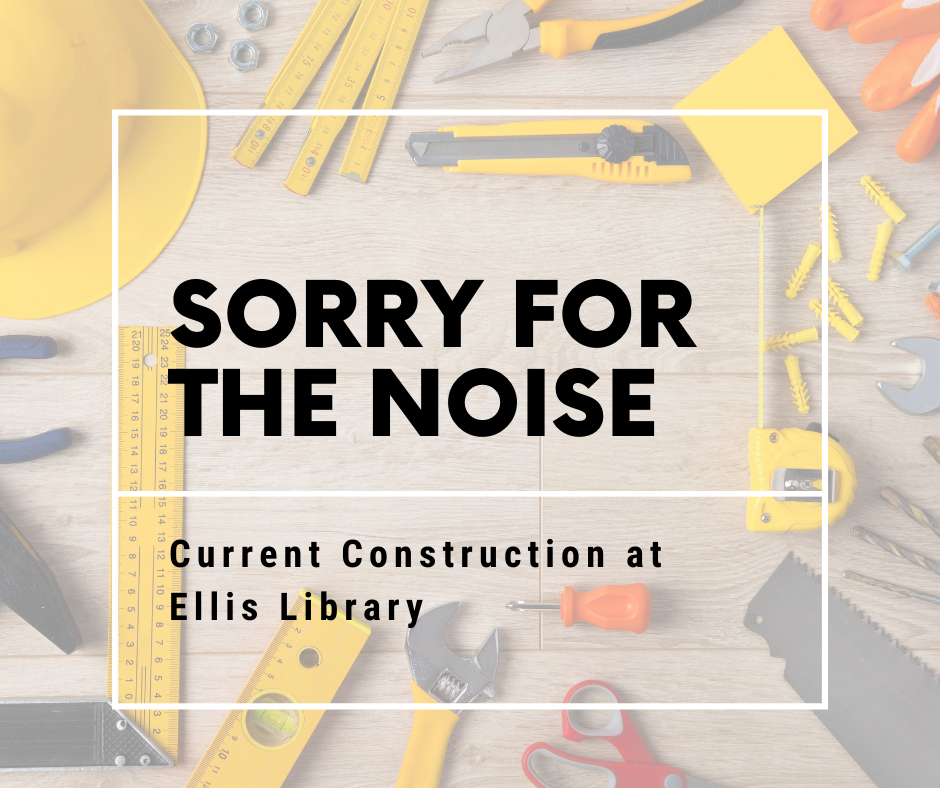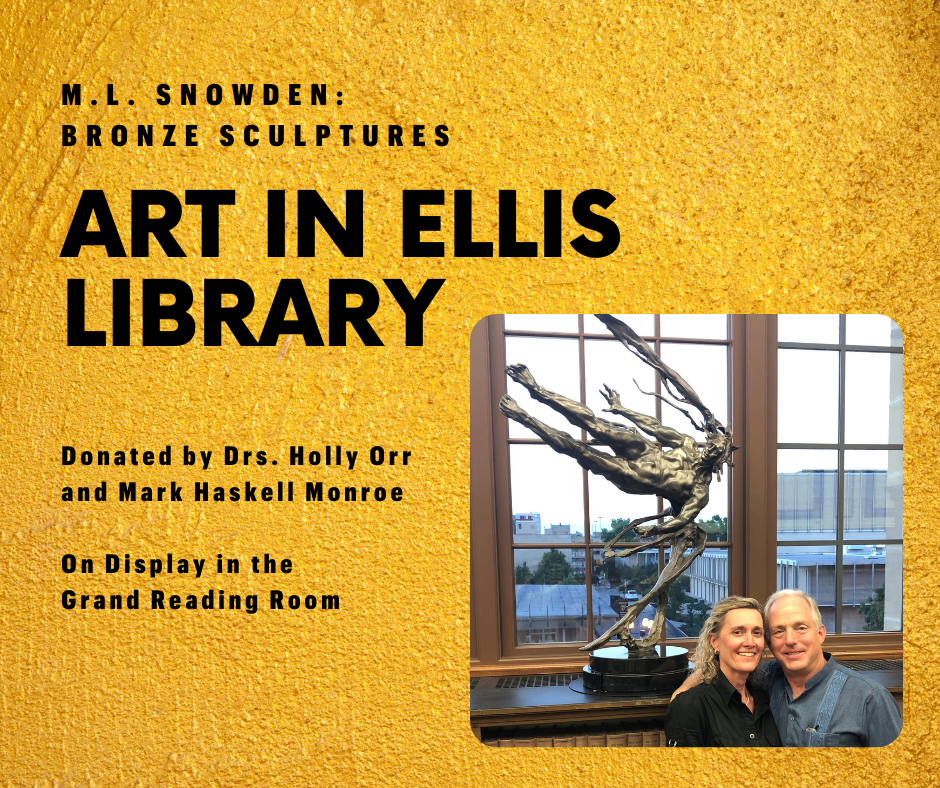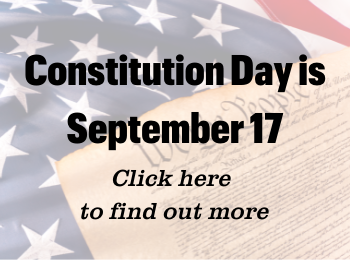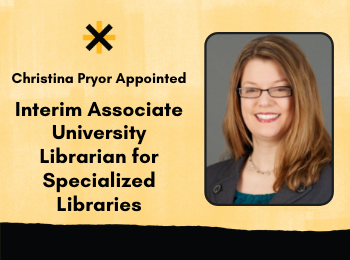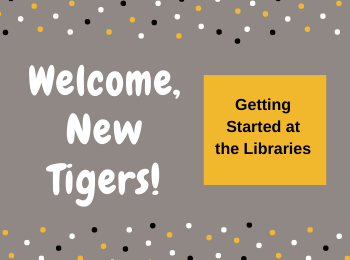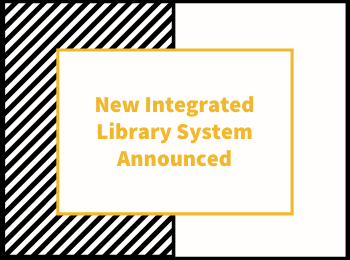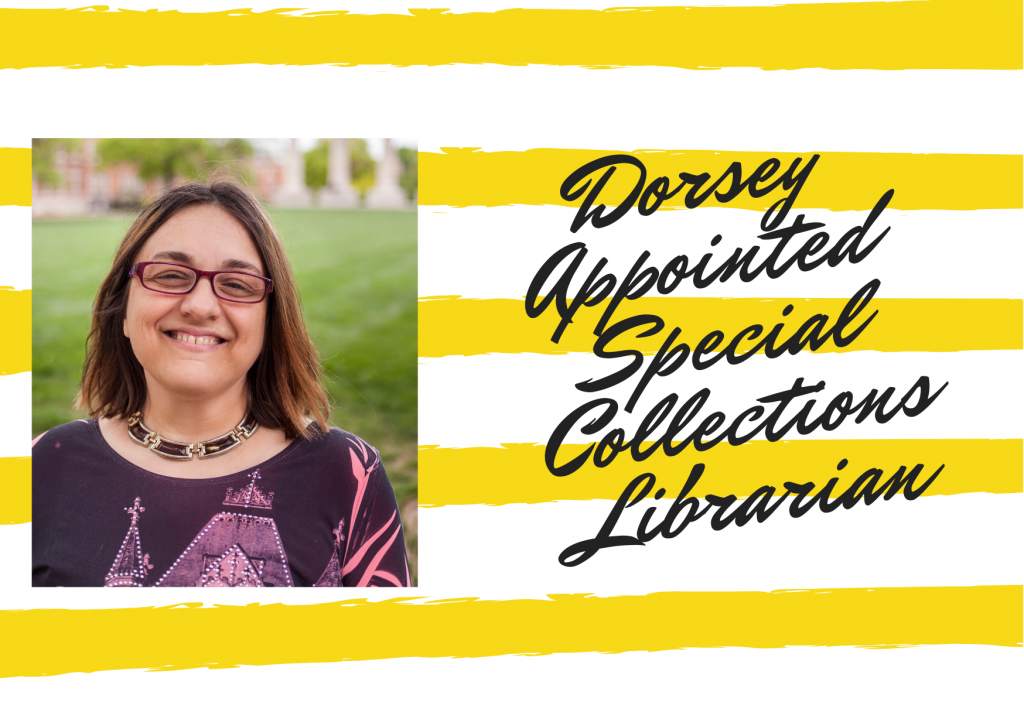We are excited to announce that Michaelle Dorsey, a senior library specialist in collection services, will be appointed as the new Special Collections librarian, focusing on preservation. Her new position will be effective September 1, 2021.
Over her years at Mizzou, Michaelle Dorsey has acquired the required education and skills for this position. In addition, she has demonstrated a rare devotion to her craft. During the aftermath of the Ellis Library fire in 2011, Michaelle stepped up to the challenge of providing leadership for the recovery effort. She received the Chancellor’s Award for Excellence in 2017. She has acquired additional training in book preservation techniques in addition to her master’s in library and information science from MU that makes her uniquely qualified for this position. She also received her bachelor of arts in English from Truman State University.
In addition, she can provide a strong voice for advice regarding the materials that would be best digitized, thus providing additional guidance to the Digital Services department. To quote the findings of the MU Librarians and Archivists Council Promotions Committee, “Michaelle has a wealth of experience directly tied to this new position. In fact, she has served as the head of the preservation unit for 18 years and has over 20 years of experience in the field. She has capably served on many library and university committees, and she continues to gain new knowledge through her book conservation training with James Downey.”
Thanks to Dr. Nobel Cunningham and Caroline McBride French, whose bequest gifts provided the MU Libraries with the funds for this position.
Please join the Libraries in congratulating Michaelle Dorsey on her new position and wishing her success in her new endeavors.
